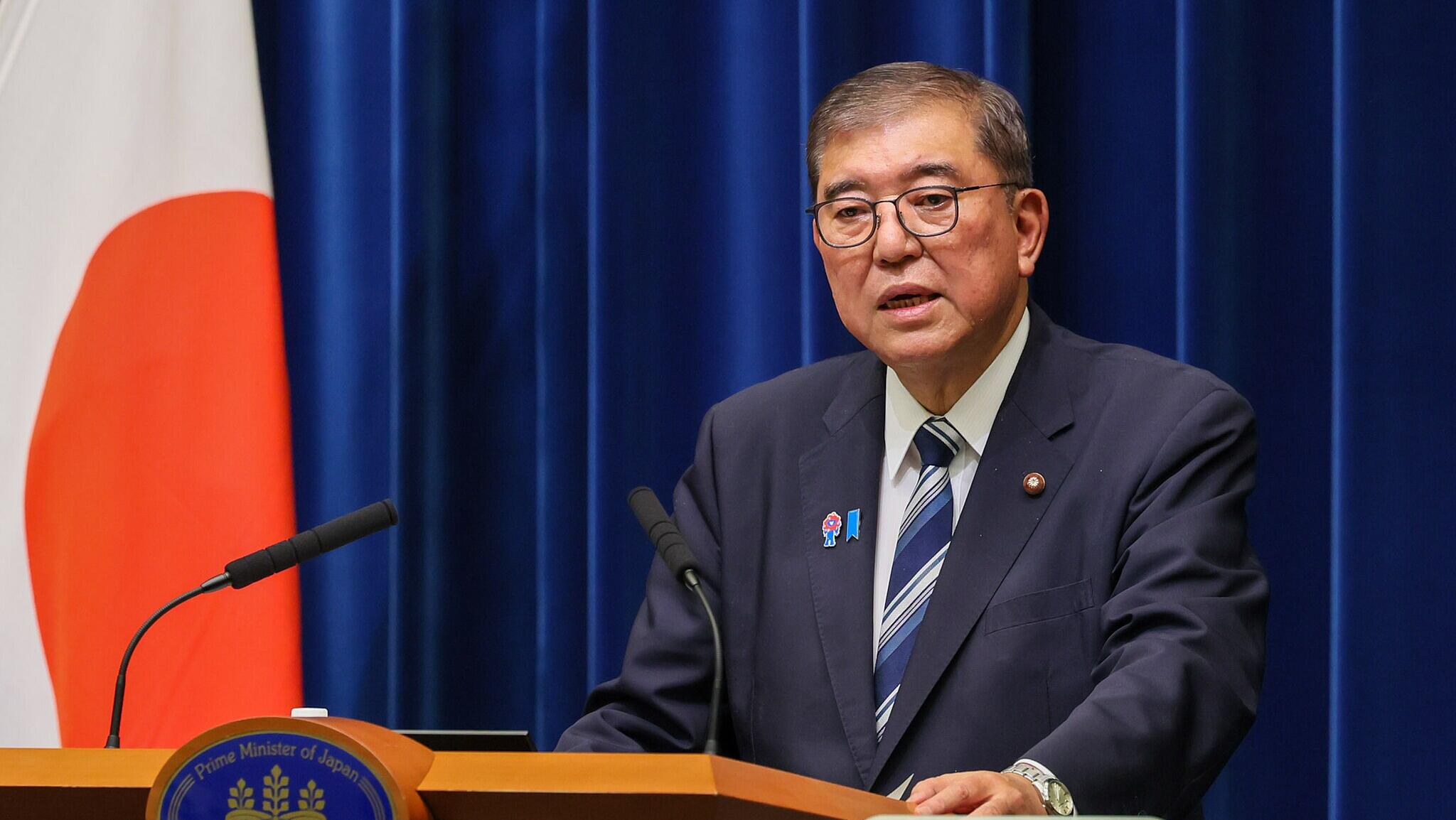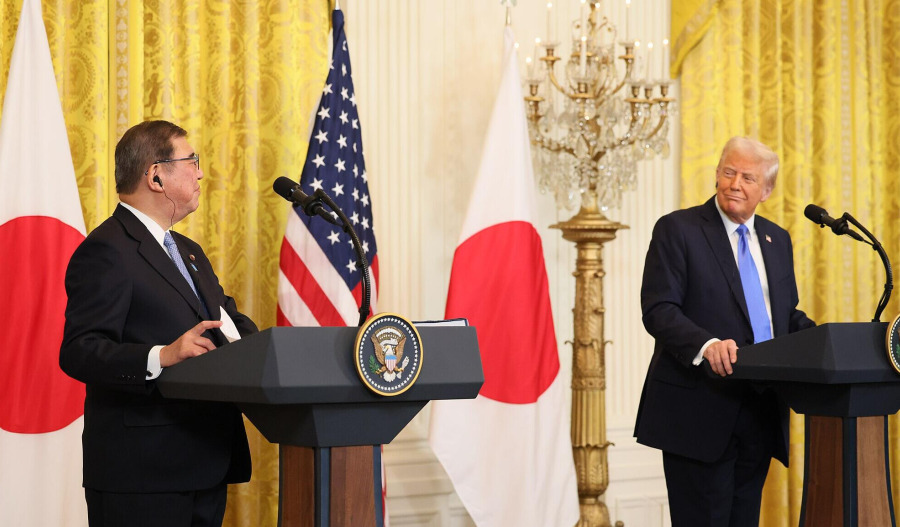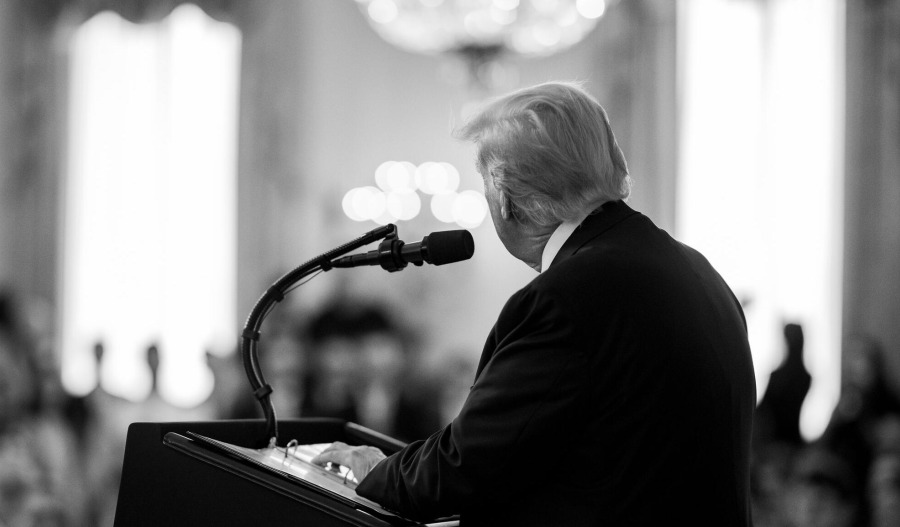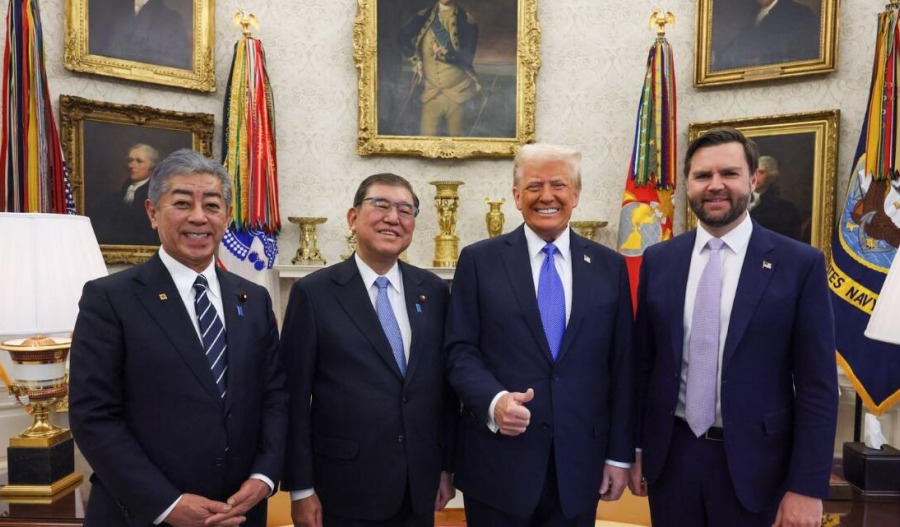Japanese Prime Minister Shigeru Ishiba will resign after his Liberal Democratic Party’s (LDP) coalition lost its majority in July’s upper house elections.
Ishiba said he had waited for tariff talks with the United States to conclude before resigning, though Japan’s top trade negotiator Ryosei Akazawa said the deal was not yet settled. Ishiba became Prime Minister and party leader in October 2024.
“I have strongly believed that negotiations concerning the U.S. tariff measures, which could be described as a national crisis, must be brought to a conclusion under our administration's responsibility,” said Ishiba.
While Ishiba said last week that he planned to remain as Prime Minister, the LDP is set to vote on holding an early leadership contest today.
Ishiba met with Agriculture Minister Shinjiro Koizumi and former Prime Minister Yoshihide Suga on Saturday, who reportedly urged Ishiba to resign before the vote to avoid factional splits in the LDP.
According to a Yomiuri Shimbun poll on Friday, 149 of the 342 LDP officials eligible to vote on scheduling an early leadership race support doing so.
The LDP and its coalition partner Komeito lost a total of 24 seats in July’s House of Councillors elections, falling below the threshold for a majority.
The coalition also lost its majority in the lower house in October, after Ishiba called a snap election. The LDP lost 68 seats in the House of Representatives, while Komeito dropped eight.
U.S. President Donald Trump signed an executive order to implement a trade agreement with Japan last week, which would see both baseline tariffs and tariffs on cars reduced to 15%. While the deal was first announced in July, the two countries had continued to negotiate.
The U.S. has not yet issued orders to give Japan most-favoured-nation status for pharmaceuticals and semiconductors, said Akazawa.
The executive order also claims that the U.S. government will choose how to allocate US$550 billion in investment and loans from Japan. Akazawa said Trump will instead choose from proposals based on joint U.S.-Japan consultation committee discussions.
Related content



